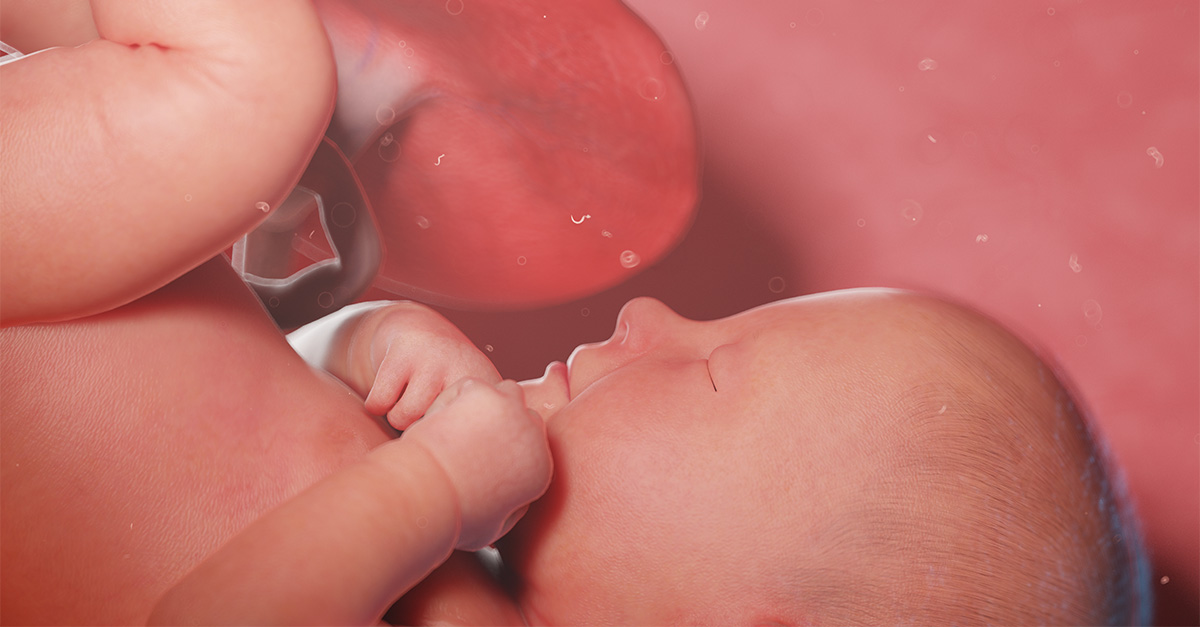


Get a free copy of Parental Rights & Education when you subscribe to our newsletter!

“…under Dobbs, there is now no constitutional right to a pre-viability abortion, thus depriving the injunction of any constitutional basis from which to enjoin the challenged North Carolina laws regulating abortion.”
– JUDGE WILLIAM OSTEEN, JR., U.S. DISTRICT COURT, NORTH CAROLINA
U.S. District Judge William Osteen, Jr., removed the injunction he had granted in 2019 in accordance with the Roe v. Wade and Planned Parenthood v. Casey precedents set by the Supreme Court. In reversing his prior ruling, Osteen cited the recent Dobbs v. Jackson Women’s Health ruling by the Supreme Court, which overturned both Roe and Casey.
North Carolina’s 20-week abortion ban was first passed in 1973, but abortion advocates had challenged the law in 2016, leading to Osteen’s original injunction.
Plaintiffs urging him to keep the law in place this time around again included Planned Parenthood, as well as doctors, who argued that lifting the injunction would create confusion regarding the types of abortion they could provide.
Osteen responded by writing,
“This court disagrees. Most notably, this injunction does not preserve Plaintiffs’ ability to provide services contrary to North Carolina law; under Dobbs, there is now no constitutional right to a pre-viability abortion, thus depriving the injunction of any constitutional basis from which to enjoin the challenged North Carolina laws regulating abortion.”
He continued,
“Contrary to the parties’ arguments, leaving the injunction in place wrongfully heightens confusion because to do so is misleading as to the effect of Dobbs. If, as Plaintiffs argue, providers are providing services in accordance with the terms of the injunction, then those providers are acting contrary to North Carolina law. Neither this court, nor the public, nor counsel, nor providers have the right to ignore the rule of law as determined by the Supreme Court.”
Osteen noted that none of the parties argued that the injunction remains enforceable; that’s because it cannot be argued since the injunction was granted under the precedent of Roe v. Wade and Planned Parenthood v. Casey. Osteen ruled that the injunction was no longer lawful. He stated:
“This court declines the parties’ suggestion to ignore the Supreme Court’s binding constitutional authority. The injunction in this case will be dissolved and dismissed.”
Gov. Roy Cooper, D, voiced his opposition to the ruling by lying about the law.
“The significant problem with this ruling is that it will criminalize important health care that’s needed in certain extraordinary circumstances. Abortion past 20 weeks in pregnancy is exceptionally rare and happens because of a devastating health emergency or diagnosis. Denying women necessary medical care in extreme and threatening situations, even if rare, is fundamentally wrong, and we cannot let politicians mislead people about the real-world implications of this harmful law.”
In fact, North Carolina’s restriction allows for abortion after 20 weeks when “there is substantial risk that continuance of the pregnancy would threaten the life or gravely impair the health of the woman.”

Recently, the Idaho Supreme Court also refused to grant an injunction blocking the state’s abortion ban. Justice Robyn Brody wrote, “What Petitioners are asking this Court to ultimately do is to declare a right to abortion under the Idaho Constitution when—on its face—there is none.” Judge Osteen has similarly refused the petition to engage in judicial activism, which would create law singlehandedly.
Both Justice Brody and Judge Osteen recognize the authority of the Supreme Court on constitutional matters and the true meaning of the Dobbs decision, which now allows voters to decide what the law on abortion will be in their individual states. There is no constitutional right to an abortion and thus restrictions on abortion duly enacted by an elected legislature must be upheld.
While any restriction on abortion is positive, ultimately a 20-week abortion ban is a statement on how far our nation has strayed from God. Our nation knows that a child in the womb is a human being, and our conscience testifies to that, which is why all justifications of abortion attempt to describe abortion as something other than murdering a child. Psalm 139:13-16, NASB1995, says,
“For You formed my inward parts; You wove me in my mother’s womb.
I will give thanks to You, for I am fearfully and wonderfully made; Wonderful are Your works, And my soul knows it very well.
My frame was not hidden from You, When I was made in secret, And skillfully wrought in the depths of the earth;
Your eyes have seen my unformed substance; And in Your book were all written The days that were ordained for me, When as yet there was not one of them.”
A child in the womb is being knit together by God, and to kill the masterpiece of God is truly heinous. Fortunately, this issue is now in the hands of North Carolina voters. In future elections, they have the opportunity to vote for candidates who recognize the humanity and value of a developing baby in the womb and will pass righteous laws that protect those precious lives.
Ready to dive deeper into the intersection of faith and policy? Head over to our Theology of Politics series page where we’ve published several long-form pieces that will help Christians navigate where their faith should direct them on political issues.

Notifications